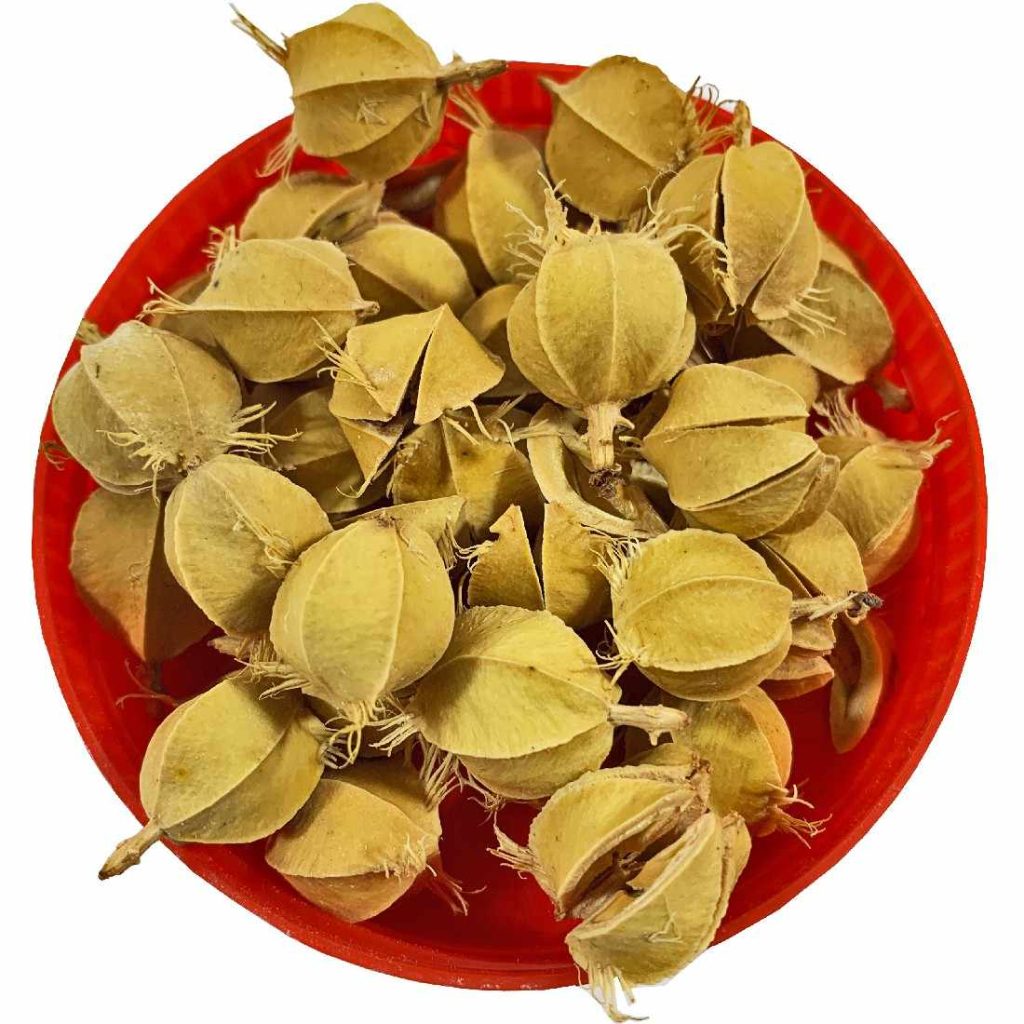Benefits of raw amla seeds

- Rich in Antioxidants:
Raw Amla seeds, like the fruit itself, are naturally packed with antioxidants that help neutralize harmful free radicals in the body. This antioxidant action may help reduce oxidative stress and support healthy cells, which contributes to overall vitality and well-being. - Supports Immunity:
Consuming Amla seeds in moderate, guided amounts is believed to strengthen the immune system, making the body more resilient against common infections, seasonal colds, and general fatigue. - Promotes Healthy Digestion:
Raw Amla seeds are traditionally known to help maintain digestive health. They may support gut balance, aid regular bowel movement, and promote natural detoxification by helping the body gently flush out unwanted toxins. - Nourishes Hair Roots:
When ground into a fine powder and mixed with oils like coconut or sesame, Amla seeds can be used in hair masks to strengthen hair roots, reduce hair fall, and improve overall hair texture and shine. - Supports Scalp Health:
Amla seed powder, when used topically, may help soothe the scalp and reduce common issues like dandruff, dryness, or flakiness, making it a trusted ingredient in herbal hair care. - Helps Improve Skin:
Powdered Amla seeds are sometimes blended with natural ingredients like rose water, aloe vera, or honey to create simple face packs. These packs can help refresh the skin, promote a natural glow, and may assist in clarifying the complexion. - Widely Used in Ayurveda:
Amla seeds have been an important part of traditional Ayurvedic remedies for centuries. They are often used as an ingredient in herbal preparations aimed at boosting overall wellness and balancing the body’s natural energies. - Can Be Planted:
One of the best practical benefits is that raw Amla seeds can be planted at home to grow your own Amla tree. With proper care, this allows you to harvest fresh, chemical-free Amla fruit straight from your garden, making them a sustainable choice for natural living. - Chemical-Free & Versatile:
When sourced naturally, raw Amla seeds are free from additives and artificial chemicals. Their versatility means they can be consumed, used topically for beauty treatments, or cultivated, making them a valuable addition to a healthy, mindful lifestyle.
How to use raw amla seeds
- For Consumption:
Raw Amla seeds have a hard outer shell, so they are not usually eaten directly without preparation. Traditionally, they are soaked in clean water overnight or for at least 8–12 hours to help soften them. Once soaked, the hard outer layer can be cracked open gently if needed, and the inner kernel can be chewed as is or ground into a powder. This powder can then be mixed with warm water, a teaspoon of honey, or added to herbal teas or smoothies to make it more palatable. It’s best to use small quantities only and under the guidance of an Ayurvedic expert, as the seeds are potent and should be consumed mindfully. - For Hair Care:
Raw Amla seeds are often dried further and ground into a fine powder for external use. This powder can be mixed with coconut oil, sesame oil, or any carrier oil of choice to make a nourishing herbal hair mask or scalp oil. Gently massaging this mixture into the scalp is believed to help strengthen hair roots, reduce hair fall, and control dandruff. It can be left on for at least 30 minutes before washing off with a mild herbal shampoo. Some people also add Amla seed powder to other DIY hair packs made with ingredients like curd, fenugreek, or henna for added benefits. - For Skin Care:
The powdered form of raw Amla seeds can be used in homemade face packs. When combined with natural ingredients like aloe vera gel, rose water, honey, or multani mitti (fuller’s earth), it can help refresh the skin, reduce dullness, and promote a clearer complexion. Always do a patch test before applying to ensure no irritation occurs, as everyone’s skin reacts differently to herbal ingredients. - For Planting:
If you wish to grow your own Amla tree, raw Amla seeds can be planted at home with simple preparation. First, soak the seeds in water for about 24 hours to help break their dormancy and encourage sprouting. Next, choose fertile, well-draining soil in a pot or directly in your garden. Plant the seeds about 1–2 centimeters deep and cover them lightly with soil. Keep the soil consistently moist but not soggy. Place the pot or planting spot where it gets good sunlight. Germination can take a couple of weeks or more, depending on the climate. Once the seedlings become sturdy, they can be transplanted to a larger space or garden area where they have room to grow into full, fruit-bearing Amla trees. - Storage:
Store any unused raw Amla seeds in an airtight container and keep them in a cool, dry place away from direct sunlight and moisture. Proper storage helps maintain their quality and viability, whether for consumption, herbal use, or planting later.

